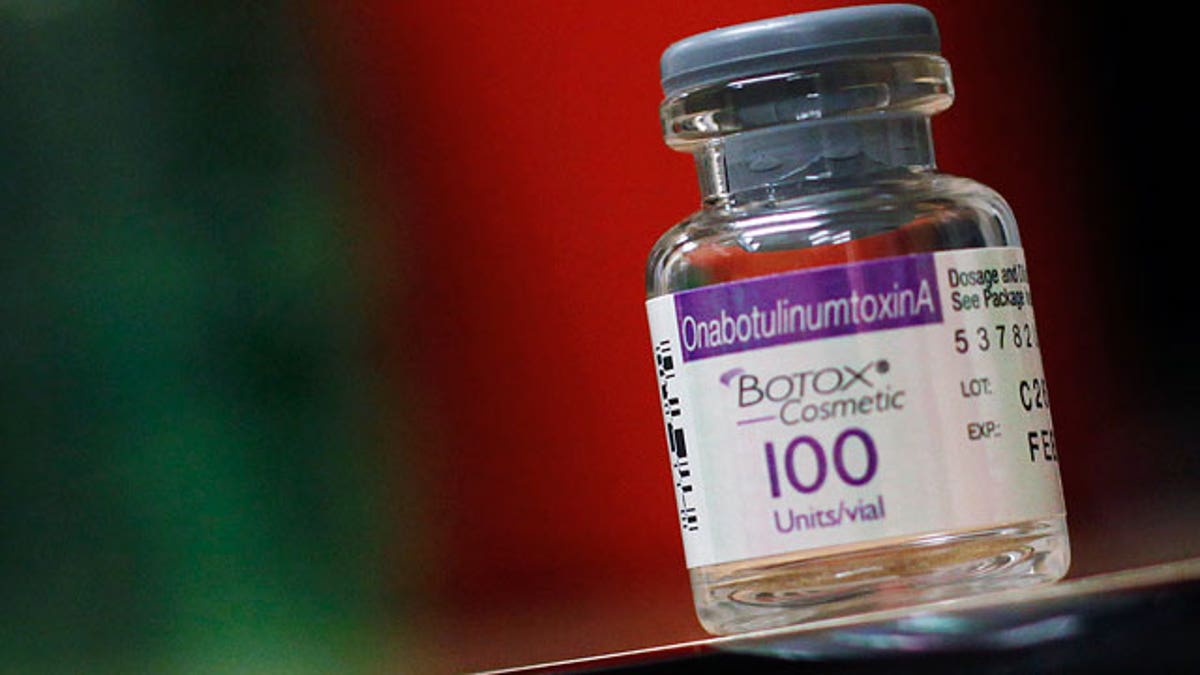
Here's some news that might surprise you: Body odor does not just come from the underarms; it can originate anywhere there are sebaceous (oil) and sweat glands—which includes the scalp, genitals, feet, and even nipples! Sweat itself doesn't actually stink; the unpleasant smell is believed to develop when bacteria that are naturally found on the skin start to break down sweat, explains Joshua Zeichner, MD, director of cosmetic and clinical research in the department of dermatology at Mount Sinai Hospital in New York.
While a daily shower, change of clothes, and swipe of deodorant do the trick for most people, those who perspire excessively (hyperhidrosis), have certain illnesses (like diabetes), or prefer to steer clear of aluminum-based antiperspirants may have a harder time getting rid of the stench. If that sounds like you, don't despair: You're not doomed to walk around feeling like Pig-Pen. Read on for some smart fixes. (In as little as 30 days, you can be a whole lot slimmer, way more energetic, and so much healthier just by following the simple, groundbreaking plan in The Thyroid Cure!)
1. Consider Botox.
Less sweat usually translates to less odor, simply because there's less moisture to mix with the bacteria. If you've tried prescription-strength antiperspirants but are still soaking through your shirts, you might benefit from getting Botox injections under your arms (and perhaps on your palms). This treatment temporarily blocks the chemical that activates the body's sweat glands so you sweat up to 87% less for 4 months to a year.
MORE: 4 Things To Try Before Botox
2. Change your diet.
You know that foods and spices with strong scents like onion, garlic, and curry can mess with your breath, but the odor can also come through your pores for hours after you've eaten. If you're eating a bland diet and still struggling with BO, Zeichner suggests putting a few drops of peppermint oil on your tongue. "Many patients find that this helps," he says. "The thought is that components of the oil are excreted through the oil glands, improving odor."
3. Reduce your stress levels.
When you exercise or otherwise get overheated, your eccrine (sweat) glands produce a watery substance designed to regulate body temperature. But emotional stress triggers different glands—the apocrine glands, which are found mostly in the underarms and groin area—and they secrete a milky fluid. This fight-or-flight-related liquid is made up of water and lipids, so it's a veritable feast for odor-causing bacteria, according to experts at the Mayo Clinic. Meditation, yoga, and other calming practices may help.
MORE: 9 Things Your Sweat Is Trying To Tell You
4. Wear breathable fabrics.
Naturally derived fabrics like cotton, silks, and wools have more breathability than most man-made materials like rayon or spandex, according to resesarch published in Applied and Environmental Microbiology and other journals. But when it comes to workout clothes, look for moisture-wicking synthetic materials.
MORE:13 Things Only Women Who Sweat A Lot Understand
5. Shave your underarms.
Even guys may want to abandon au naturel underarms. Bacteria thrive in warm, moist environments, and armpit hair can create an ideal swampy habitat. "Hair, along with the dirt and oil that accumulate in it, may promote the growth of odor-causing bacteria," says Zeichner.
More: So You Sweat...A Lot. Here's Help.
6. Apply apple cider vinegar.
Acid, like the kind found in apple cider vinegar or lemon juice, inhibits the growth of bacteria—including the kind that makes your sweat smell gross. Just be cautious, and use it sparingly: "While apple cider vinegar and lemon juice may help reduce levels of odor-causing bacteria on the skin, they may cause skin irritation," says Zeichner. So if you decide to dab a few drops on your underarms with a cotton ball or add a splash to your bathwater, make sure you have no minor cuts or scrapes. Witch hazel and tea tree oil are also believed to be antimicrobial.
7. Go herbal.
Sage is a delicious addition to both savory and sweet foods, and it turns out that it may also help blast BO (when an extract of it is applied topically). Rosemary oil may work similarly, as it's been shown to be antimicrobial and "refreshing." (No word yet on parsley or thyme.)
